If you’re looking to get a new pet, you’ve probably done some research on what certain breeds have to offer. Whether your ideal dog is a cuddly dog or a jogger, a large part of a dog’s personality depends on the seven breed categories he or she belongs to. If you’ve already decided on the type of dog you’re looking for and his or her personality, do your homework and find out what breed would be best for you and/or your family, and shelters around the country can help you find the perfect dog. After all, there are a variety of purebred and mixed breeds available.
🐕Sheepdogs
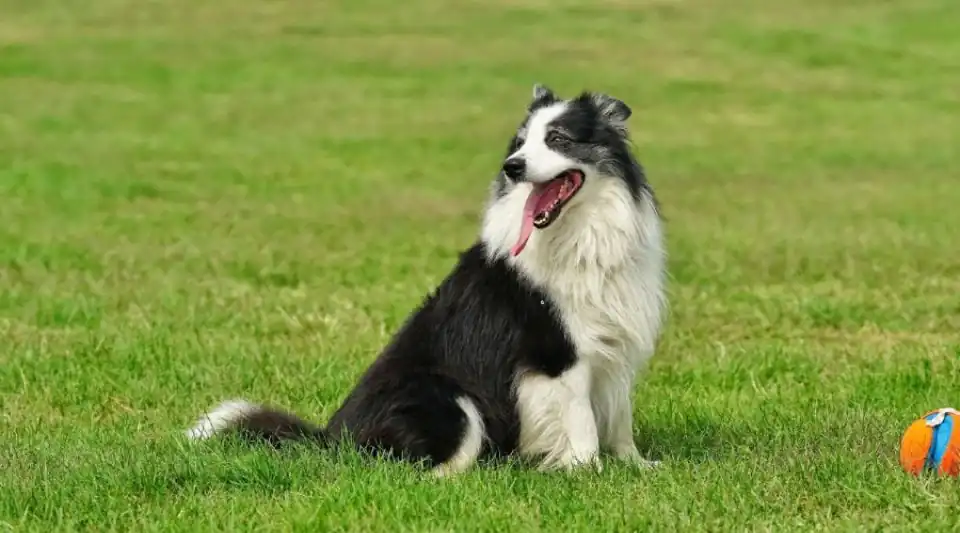
According to the American Kennel Club’s detailed description of the Sheepdog breed, the Sheepdog breed is intelligent, serious, energetic, and makes an excellent watchdog because of its territoriality toward “its” possessions and people. However, because their ancestors bred these dogs to assist in herding and managing other animals, they have a natural tendency to push or nip. These dogs have a natural love of work and are very physical.
Shepherds are very intelligent and are the easiest (to train) type of dog, making them ideal for dog sports competitions and other contests.
Shepherds are great with large families and especially enjoy the company of a large group of people, but even if you have a small family, a Shepherd can be happy if you have plenty of space and other animals in your home. Companionship is very important to this dog, so if you are looking for a loyal and loving dog, consider adding a Shepherd to your family.
Dog breeds that fall into the sheepdog category include Australian Cattle Dogs, Australian Shepherds, Ancient Long Bearded Shepherds, Belgian Shepherds, Border Collies, German Wolfhounds, Pembroke Welsh Corgis, Collies, and Hilarity Shepherds.
🐕Hounds
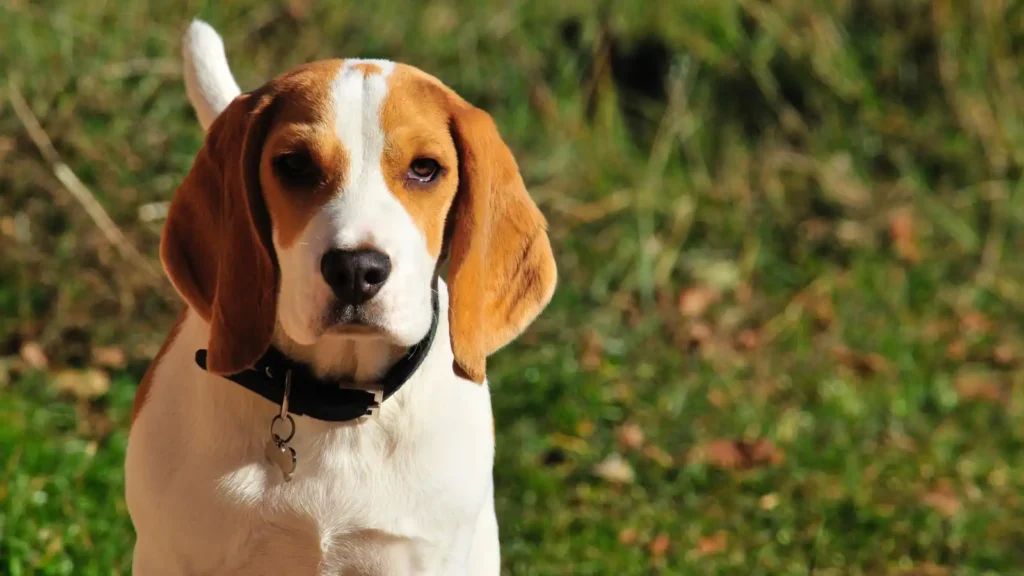
There are two main types of hounds: scent hounds and sight hounds. Sight hounds use their eyes to search for prey and are quick and agile, while scent hounds use their keen sense of smell to locate their target, and are strong and sturdy, but slow-moving.
Both types are curious and independent and can be trained, but it will be necessary to make sure the dog understands the purpose of the training. The intelligence of these hounds is a double-edged sword, and if the dog doesn’t see the importance of the training, he will ignore all the hard work you’ve put in, so it’s best to seek professional help in training your hound.
Pet parents who can provide a safe space for the hound to explore are ideal for this type of dog, and these dogs need to be on a leash at all times, otherwise they can easily get lost. In addition, pet parents need to be patient, as hounds will often want to chase everything they see or smell, but you may not be interested.
Dog breeds that fall into the hound category include the American Foxhound, the Basset Hound, the Miguel, the Dachshund, the Lurcher, the Norwegian Elkhound, the Rhodesian Hound, the Scrub Coonhound, and the Whippet.
🐕Sporting Dogs
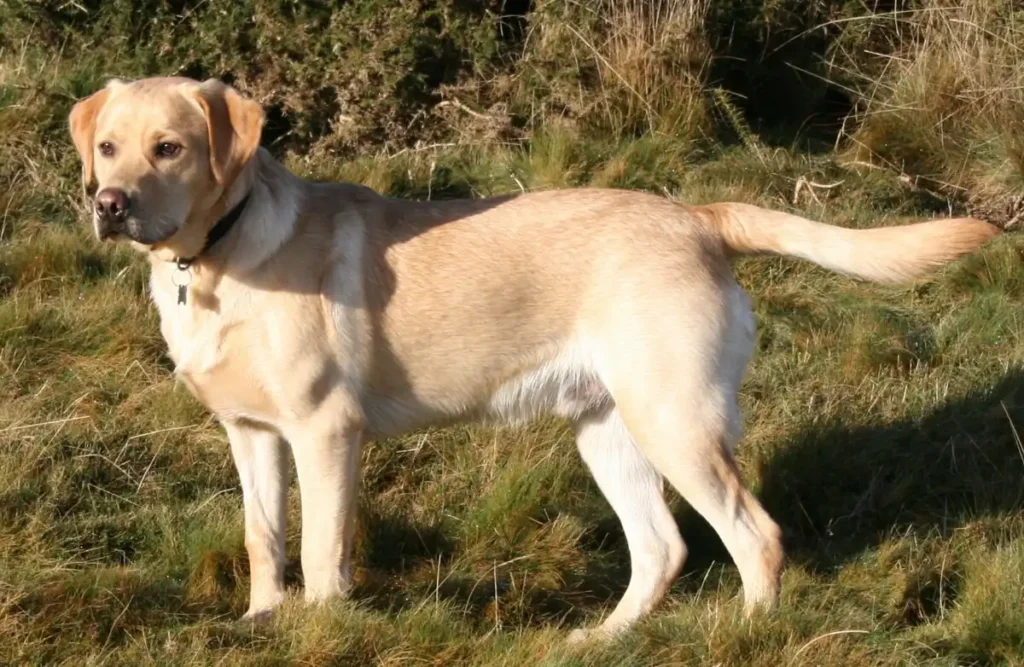
Sporting dogs are energetic and alert at all times, and are known to be multi-tasking, easy to train, and friendly. Bred for hunting, different breeds have their own hunting skills, such as searching, marking, driving, catching or retrieving game, etc. Water Spaniels love to swim, so it’s not hard to imagine how much fun these dogs would have at the beach all day. Sporting dogs also make excellent therapy or assistance dogs.
These dogs are ideal for pet parents who allow plenty of exercise and playtime, and if you want your future animal companion to keep up with your energetic lifestyle, a sporting dog may be just the thing for you, and they also make excellent family companions.
Breeds that fall into the Sporting Dog category include the Beagle, Cocker Spaniel, Golden Retriever, Irish Setter, Cherokee, Labrador Retriever, Pointer and Weimaraner.
🐕Terriers
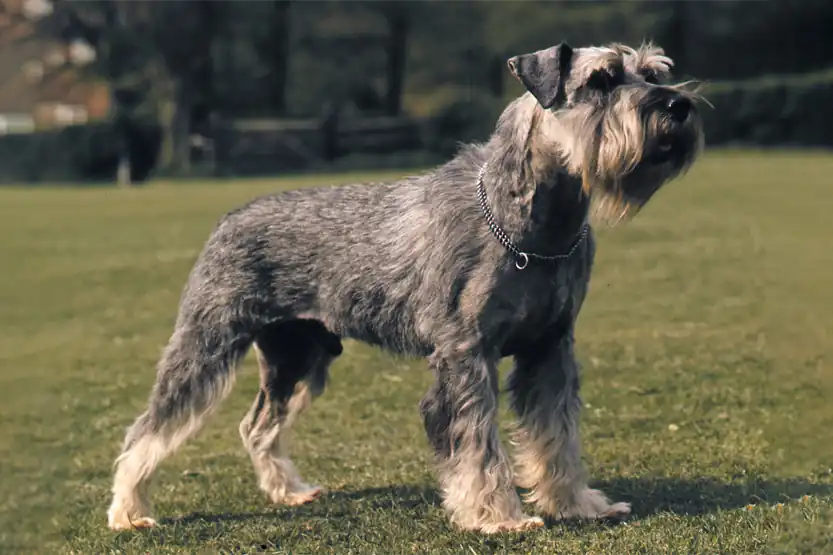
Terriers have a fun and playful personality, come in a wide variety of sizes and are very territorial. They bark loudly at anyone who approaches the home or family and are good at hunting small animals such as foxes or rats and digging holes until they find their prey.
Terriers are suitable for pet parents who are very patient and physically fit. These dogs also like to work because for a Terrier, work is like play and if you are as energetic as these dogs are, you can be a great friend to each other.
Breeds that fall into the category of Terriers include Jack Russell Terriers, Rat-Catching Terriers, Miniature Schnauzers, Scottish Terriers, Staffordshire Bull Terriers, and Wales Terriers.
🐕Toy Dogs
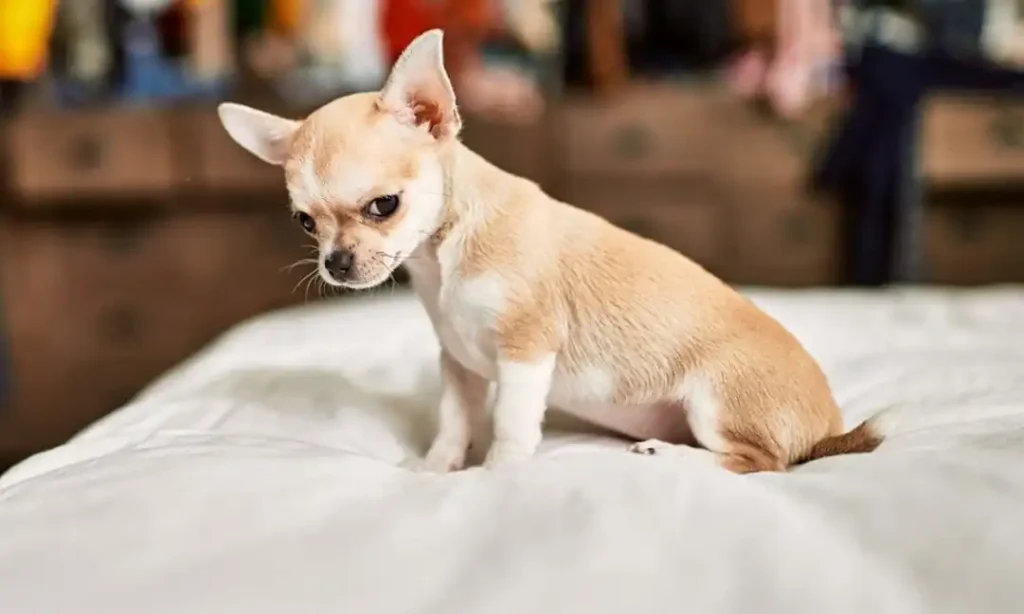
Prefer a smaller dog? Perhaps the Toy Dog breed is perfect for you. Though small in size, they make up for it with their loveable personalities. Toy dogs are very individualistic and have been bred for generations to be specialized companion dogs. Most toy dogs are very loyal, although some are more territorial due to breed and upbringing.
Toy dogs are ideal for pet parents with small living spaces, and although they don’t need a lot of space, they do need your attention and care, as well as for adults without small children, or single people.
Dog breeds that fall into the toy dog category include the Cavalier King Charles Spaniel, Chihuahua, Chinese Crested, Italian Lurcher, Maltese, Pomeranian and Pug.
🐕Working Dogs
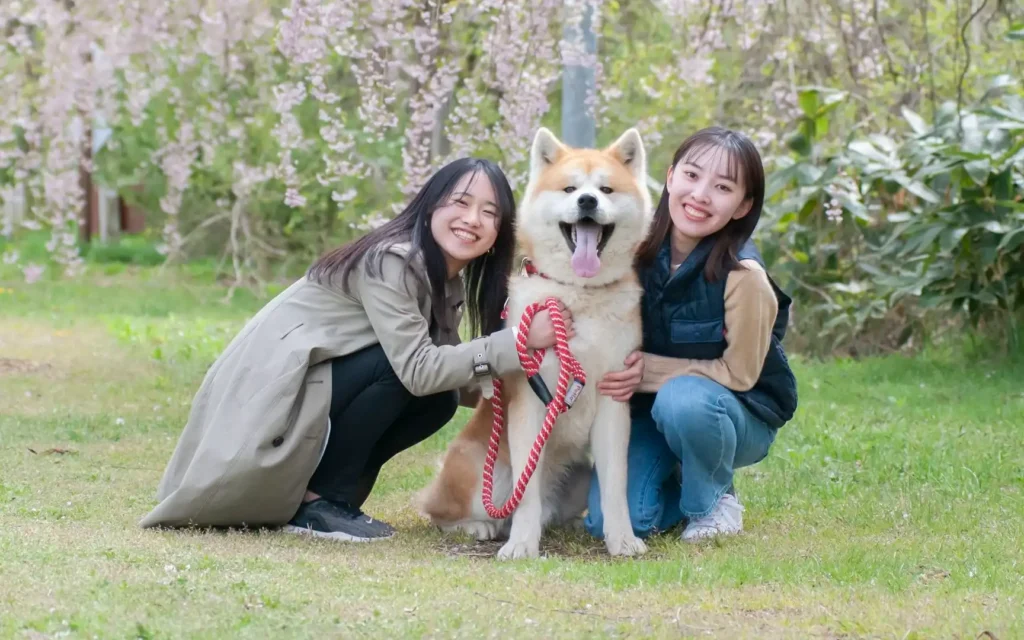
Bred to help people, working dogs do a wide range of jobs, from pulling sleds to protecting livestock. Strong and intelligent, working dogs can be trained to do guard duty, but with a little socialization, they can also be very friendly.
Working dogs are suitable for almost everyone and make excellent pets as long as you have enough space and continue to give them plenty of exercise.
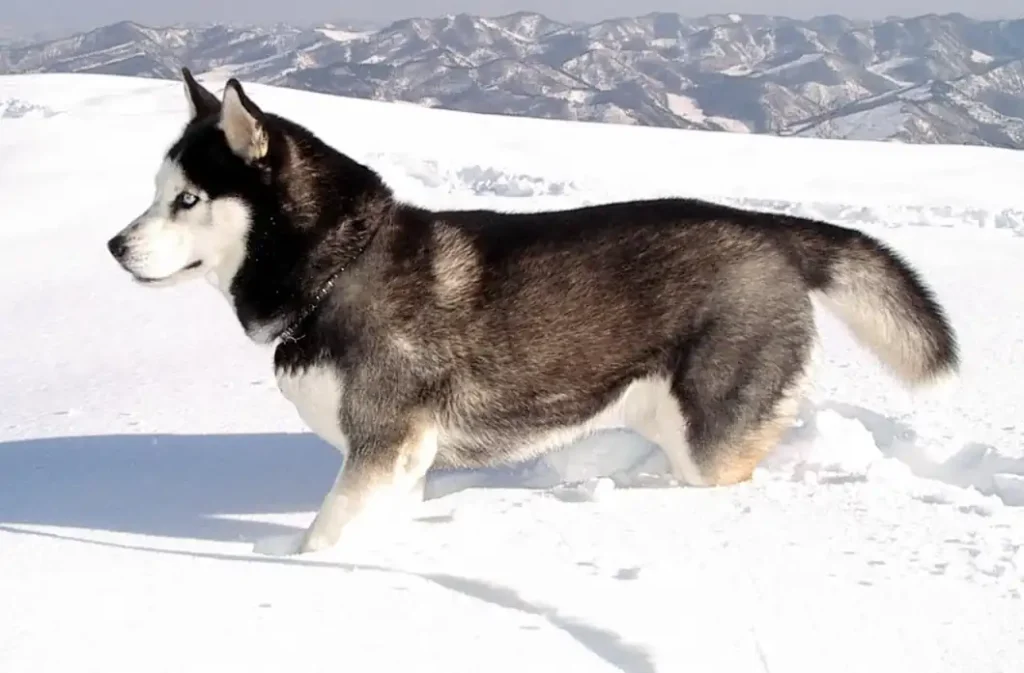
Dog breeds that fall into the working dog category include the Akita, Boxer, Great Dane, English Mastiff, Portuguese Water Spaniel, St. Bernard, Samoyed and Siberian Husky.
🐕Non-sporting Dogs
Non-sporting dogs used to be working dogs, but are no longer needed to help with their original job, for example, the Dalmatian used to be a working dog bred to guard wagon loads, and the Bulldog used to be bred for bullfighting. Now, because these dogs are no longer needed for these jobs, they are categorized as non-sporting dogs.
Generally, other dogs that don’t fit into the previous categories are also categorized as non-sporting dogs, so this category covers a wide range of breeds, such as smaller dogs that are too large to fit into the toy dog category, and hunting dogs that don’t fit into the hunting or sporting dog categories.
There are many different types of people for whom a non-sporting dog would be a good fit, and since every dog has a different personality, it is always best to meet your future dog first to see if the dog will fit into your lifestyle.
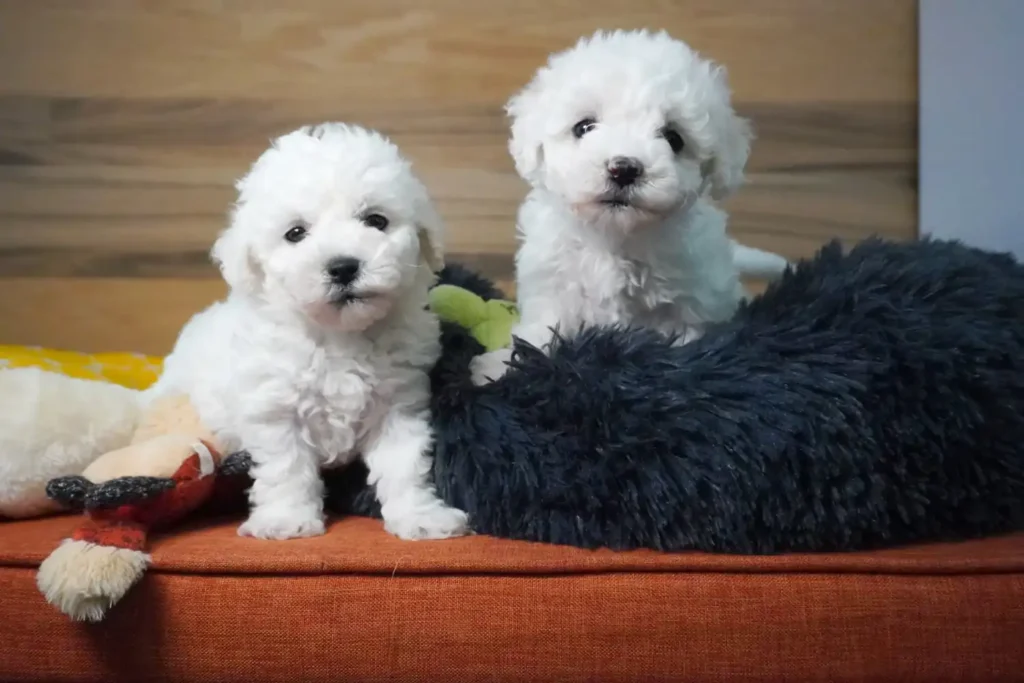
Dog breeds that fall into the non-sporting dog category include the Bichon Frise, Boston Terrier, Bulldog, Dalmatian, Rottweiler, Lhasa Apso, and Poodle.
While on the surface, the personality traits of these 7 dog breeds seem to be very much in line with the description above, that doesn’t mean that your pet won’t develop personalities and traits that are found in the other breeds. Your hound may play detective in the backyard, sniffing every inch of grass for “clues,” or he may love to lounge next to you on a lazy vacation, while your toy dog may be petite but not as fond of cuddles as other normal-sized dogs.
Remember, no matter what breed of dog, each dog has its own independent character and traits. Even if a certain type of dog is very friendly, it doesn’t mean that socialization and other training are not important to the growth and development of these dogs, so before you bring your dog home, take some time to get along with it and see if you can get along with each other, and face the reality that they don’t suit each other, even if you really like a certain dog, the Great Dane just doesn’t fit. Even if you really love a dog, a Great Dane just won’t fit in your apartment, and a petite Chihuahua won’t be able to run a marathon with you.
However, if you find the right dog for you, you’ll have a wonderful, long-lasting relationship ahead of you!
